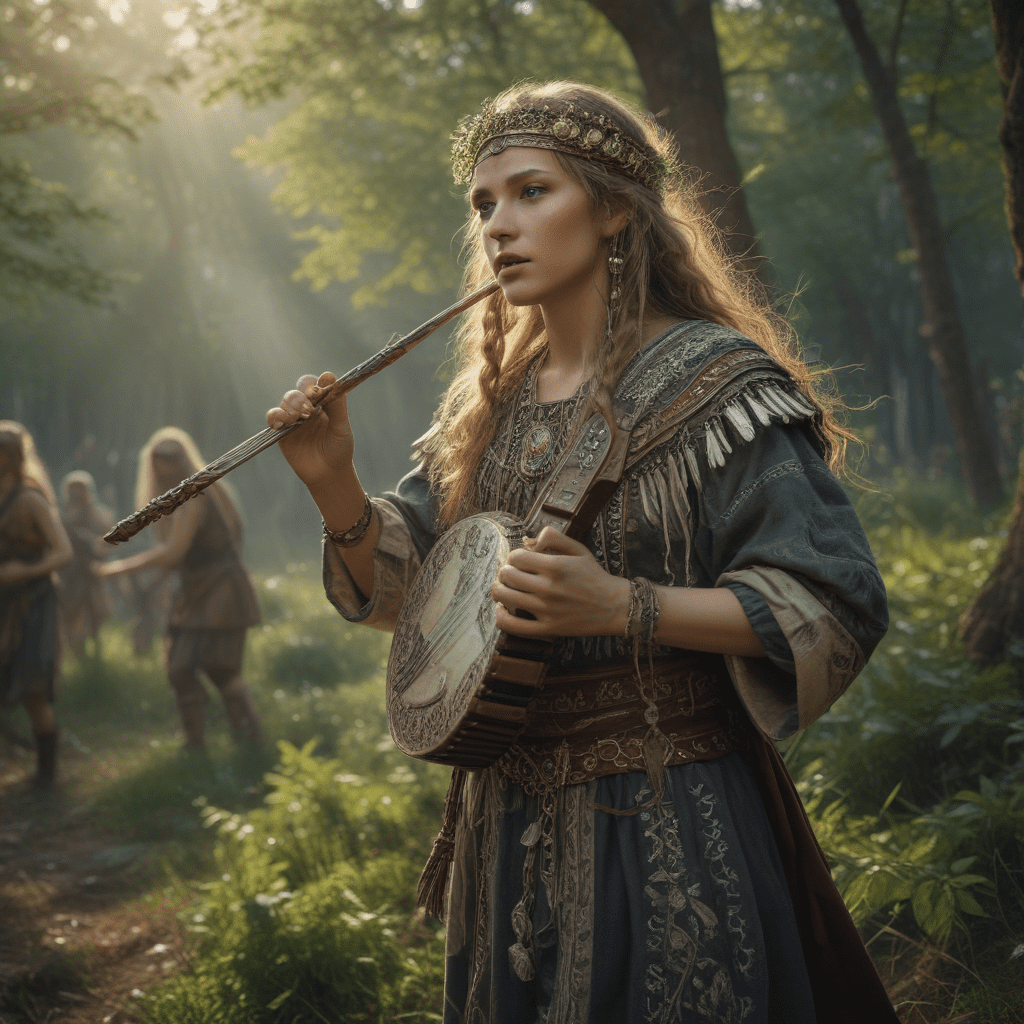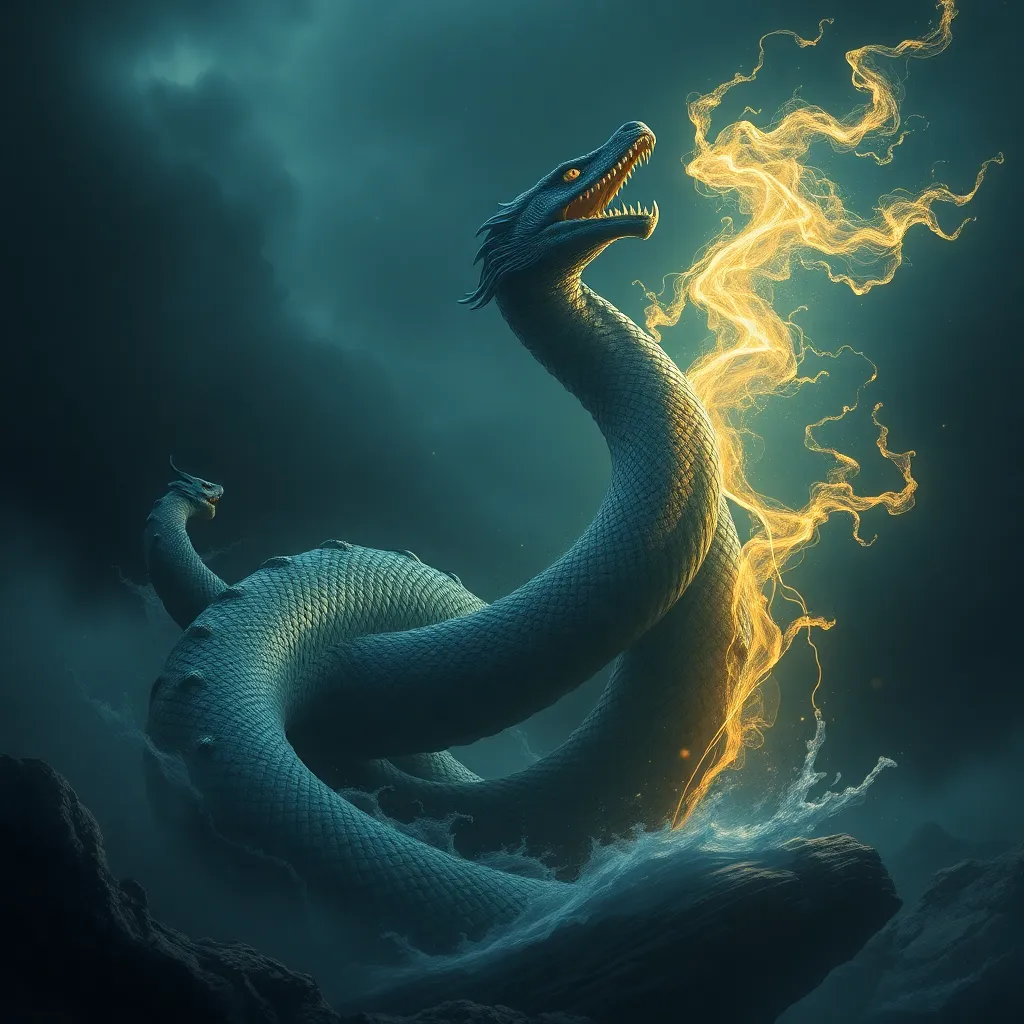The Influence of Slavic Mythology on Traditional Music
Introduction
Slavic mythology, steeped in ancient beliefs and traditions, has profoundly influenced the development of traditional Slavic music. Its rich tapestry of deities, supernatural beings, rituals, and narratives has provided fertile ground for musical inspiration, shaping the very essence of Slavic folk tunes.
Origins and History of Slavic Mythology
The origins of Slavic mythology can be traced back to the Proto-Slavic period, around the 6th century BCE. Its roots lie in the beliefs and practices of ancient Slavic tribes, who personified the forces of nature and attributed human qualities to animals and plants. Over time, these beliefs evolved into a complex mythology that embraced a pantheon of gods, spirits, and mythical creatures.
Musical Instruments Inspired by Mythology
Slavic mythology has directly influenced the creation of traditional musical instruments. The gusli, a stringed instrument with a resonating body, is believed to have been inspired by the guslar, a mythological bard who accompanied heroes on their quests. Similarly, the dudka, a wind instrument made from animal horns, is associated with the mythical creatures known as Leshy, the spirits of the forest.
Lyrical Themes and Narratives
Slavic traditional music is rich in lyrical themes and narratives that draw heavily on mythology. Epic songs recount the tales of heroic battles, while ballads lament tragic love stories or supernatural encounters. Many songs feature characters from Slavic mythology, such as dragons, witches, and water sprites, and explore themes of love, loss, and the struggle against adversity.
The Role of Rituals and Festivals
Music played a vital role in Slavic rituals and festivals. During these gatherings, traditional instruments were used to accompany songs, dances, and storytelling. Music was believed to have the power to ward off evil spirits, ensure good harvests, and celebrate important life events.
Deities and Supernatural Beings
Slavic mythology is populated by a vast array of deities and supernatural beings. Perun, the god of thunder, and Veles, the god of cattle and the underworld, are among the most prominent. These deities, along with others like Svarog (god of fire) and Mokosh (goddess of fate), were venerated through songs, dances, and rituals.
The Influence on Folk Melodies
Slavic folk melodies often incorporate pentatonic scales and modal structures that reflect the ancient musical traditions of the region. The use of drones, ostinato patterns, and asymmetrical rhythms adds a unique and distinctive flavor to Slavic music. These melodic and rhythmic elements are deeply rooted in the mythology and beliefs of the Slavic peoples.
Polyphonic Structures and Rhythms
Polyphonic singing, involving multiple voices singing independent melodies simultaneously, is a characteristic feature of Slavic traditional music. Complex rhythms and intricate harmonies create a rich and dynamic soundscape. These polyphonic structures are often inspired by the interplay between different deities or supernatural beings in mythology.
Contemporary Adaptations and Interpretations
In contemporary times, Slavic mythology continues to inspire musicians and composers. From classical symphonies to folk-rock fusions, Slavic mythology provides a rich source of themes, melodies, and harmonies. Modern artists reinterpret ancient myths and legends, blending traditional elements with innovative soundscapes. This ongoing evolution ensures that the legacy of Slavic mythology remains vibrant and relevant in the contemporary music scene.
FAQ
What is the significance of the gusli in Slavic mythology?
The gusli is a stringed instrument believed to be inspired by the mythological guslar, who accompanied heroes on their quests.
How does Slavic mythology influence lyrical themes in traditional music?
Traditional Slavic music often features characters and themes from Slavic mythology, exploring love, loss, and the struggle against adversity.
What role does music play in Slavic rituals and festivals?
Music was an essential part of Slavic rituals and festivals, accompanying songs, dances, and storytelling. It was believed to ward off evil spirits and celebrate important events.
How do deities and supernatural beings influence Slavic music?
Slavic deities and supernatural beings are often invoked in traditional music, which reflects their importance in the mythology and beliefs of the Slavic peoples.



